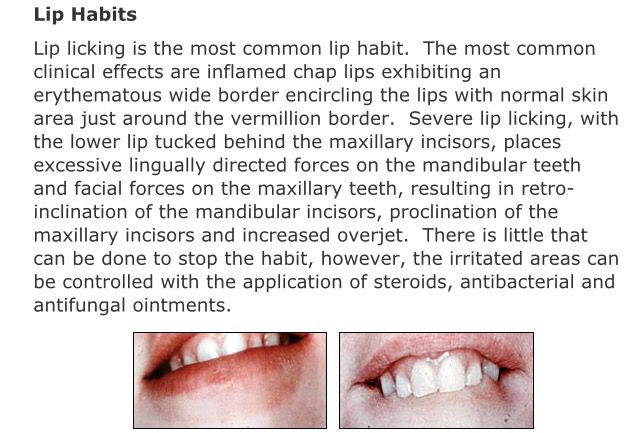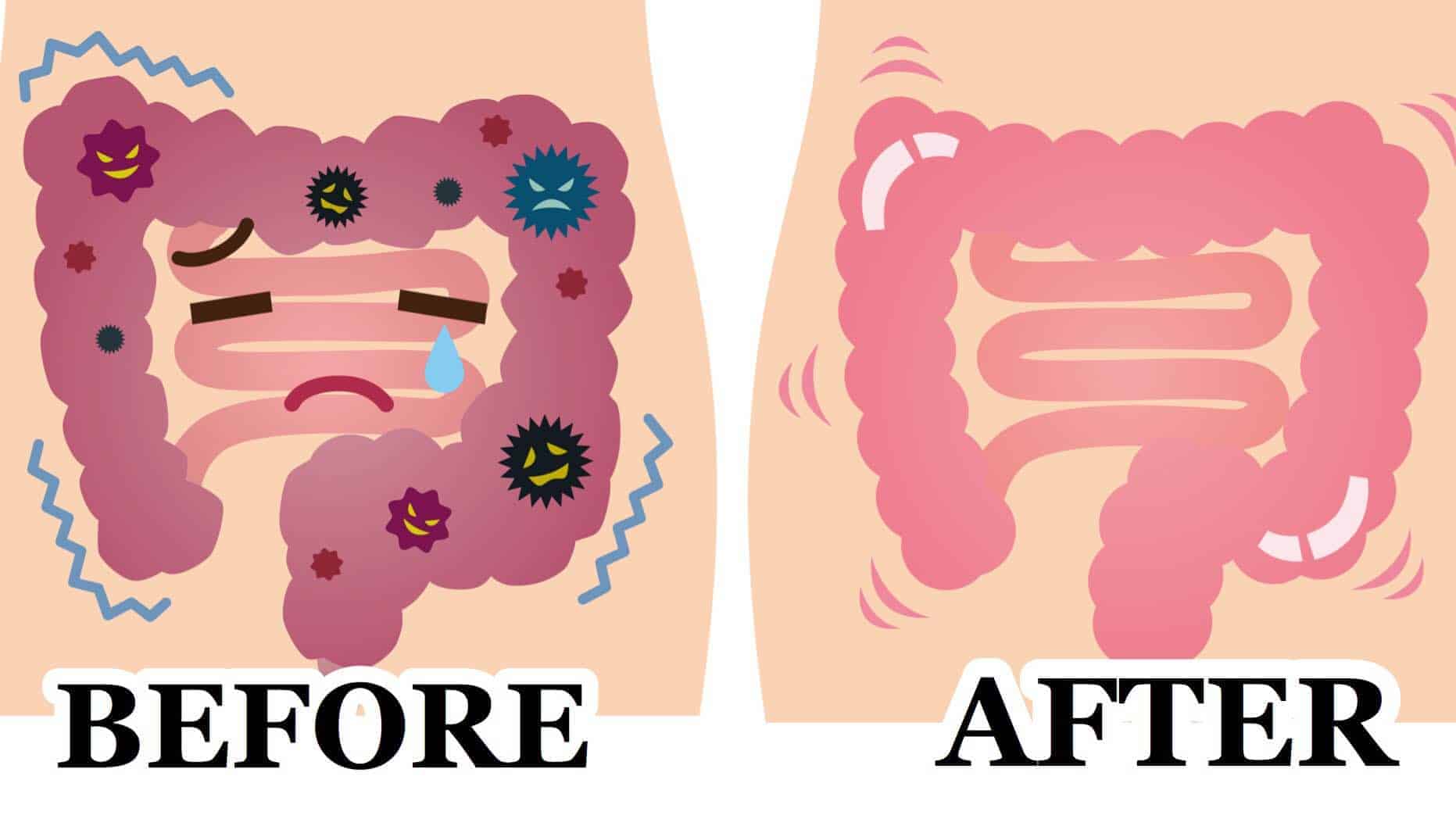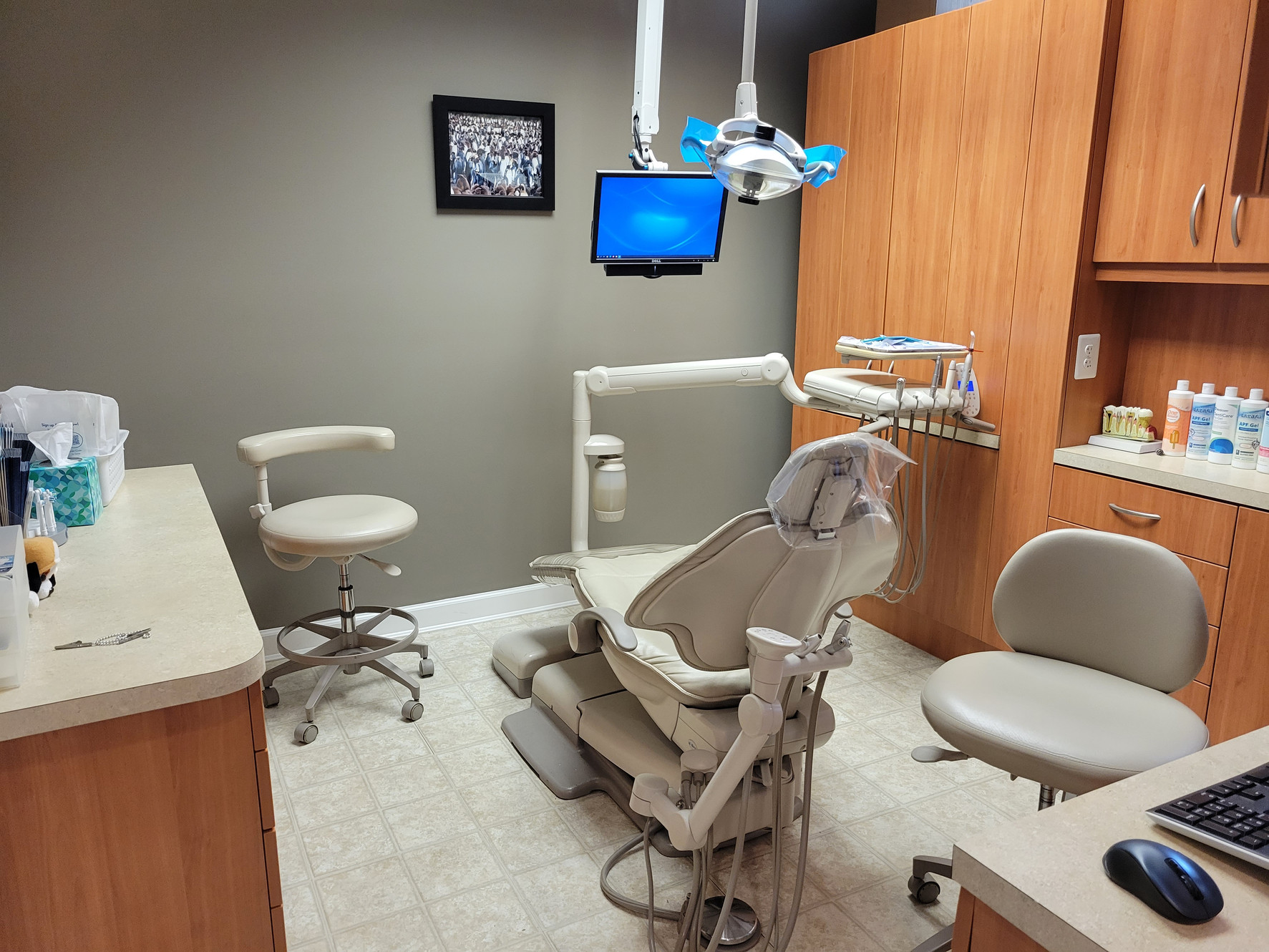Bad Lip Habits Stopped: Break Free

The subconscious actions we perform daily can have a significant impact on our overall health and wellbeing. One such habit that often goes unnoticed is our lip habits. From biting and chewing on our lips to licking them excessively, these actions can lead to a variety of issues, including dryness, pain, and even infections. The good news is that breaking free from these bad lip habits is achievable with a combination of self-awareness, strategies, and techniques.
Understanding the Reasons Behind Bad Lip Habits
Before we delve into the solutions, it’s essential to understand why we develop these habits in the first place. For some, it may be a sign of anxiety or stress, while for others, it could be a deeply ingrained habit formed during childhood. Some common reasons for bad lip habits include:
- Anxiety and Stress: Many people bite, chew, or lick their lips when they’re feeling anxious or stressed. This action can provide a temporary distraction or comfort.
- Habit Formation: Repetitive actions, such as biting or licking the lips, can become automatic over time, making them hard to notice and even harder to stop.
- Lack of Awareness: Often, individuals are not even aware they are engaging in these behaviors until someone points them out or they experience discomfort.
The Consequences of Bad Lip Habits
While these habits may seem harmless, they can lead to several issues, affecting both the health and appearance of our lips. Some of the consequences include:
- Dry and Chapped Lips: Excessive licking can strip the lips of their natural oils, leading to dryness and chapping.
- Pain and Irritation: Biting or chewing on the lips can cause pain, swelling, and even lead to infections if the skin is broken and not properly cared for.
- Lip Infections: Breaking the skin on the lips can introduce bacteria, leading to infections.
Strategies for Breaking Bad Lip Habits
Breaking any habit requires commitment, patience, and the right strategies. Here are some techniques to help you stop your bad lip habits:
- Increase Self-Awareness: The first step to changing any habit is becoming aware of when you’re doing it. Throughout the day, take moments to check in with yourself and notice if you’re engaging in your bad lip habit.
- Find Alternatives: Replace your bad habit with a healthier one. For example, if you catch yourself biting your lip due to anxiety, try deep breathing exercises, doodling, or any other calming activity.
- Keep Your Lips Moisturized: Apply a lip balm regularly, especially after meals and before bed, to keep your lips hydrated and reduce the urge to lick them.
- Identify and Manage Triggers: If your bad lip habit is triggered by stress or anxiety, consider practicing stress-reducing techniques such as meditation, yoga, or journaling.
- Seek Professional Help: If your bad lip habits persist and are causing significant distress or health issues, consider seeking help from a therapist or counselor who can provide strategies to address underlying issues.
The Road to Recovery: A Journey of Self-Discovery
Breaking bad lip habits is not just about stopping a particular action; it’s also about understanding yourself better and developing healthier coping mechanisms. It’s a journey that requires patience, kindness towards yourself, and a willingness to learn and adapt.
It's interesting to note that overcoming bad lip habits can also reflect a broader capacity for change and self-improvement. By tackling these seemingly minor issues, individuals can develop the resilience and self-awareness needed to address more significant challenges in their lives.
Practical Steps for a Healthier Lip Care Routine
In addition to breaking bad habits, adopting a good lip care routine can help maintain healthy and attractive lips. Here are some practical steps:
- Use a Gentle Lip Scrub: Once or twice a week, use a gentle lip scrub to remove dead skin cells and promote blood flow.
- Apply Lip Balm Frequently: Keep your lips moisturized throughout the day, especially in dry or cold weather.
- Protect Your Lips from the Sun: Use a lip balm with SPF to protect your lips from sun damage.
- Stay Hydrated: Drinking plenty of water helps keep your skin, including your lips, hydrated from the inside out.
Frequently Asked Questions
How long does it take to break a bad lip habit?
+The time it takes to break a bad lip habit can vary significantly from person to person. It depends on the individual's level of self-awareness, the frequency of the habit, and the effectiveness of the strategies used to change the behavior. With consistent effort, many people can start to see improvements within a few weeks.
Are there any home remedies for dry, chapped lips?
+Yes, there are several home remedies that can help soothe and heal dry, chapped lips. Applying honey, coconut oil, or beeswax can provide moisturizing benefits. Additionally, mixing sugar with olive oil to create a homemade lip scrub can help remove dead skin cells and promote healing.
Can bad lip habits be a sign of an underlying health issue?
+In some cases, yes, bad lip habits can be a sign of an underlying health issue, such as anxiety, nutrient deficiencies, or certain skin conditions. If you're concerned about your lip habits or if they're causing you significant distress, it's a good idea to consult with a healthcare professional to rule out any underlying health issues.
Conclusion: Empowerment Through Awareness and Action
Breaking free from bad lip habits is a journey that combines self-awareness, strategic planning, and patience. By understanding the reasons behind these habits and implementing effective strategies to change them, individuals can not only improve the health and appearance of their lips but also develop valuable skills for addressing other challenges in their lives. Remember, every small step towards healthier habits is a step in the right direction, contributing to a more mindful, healthier, and happier you.


